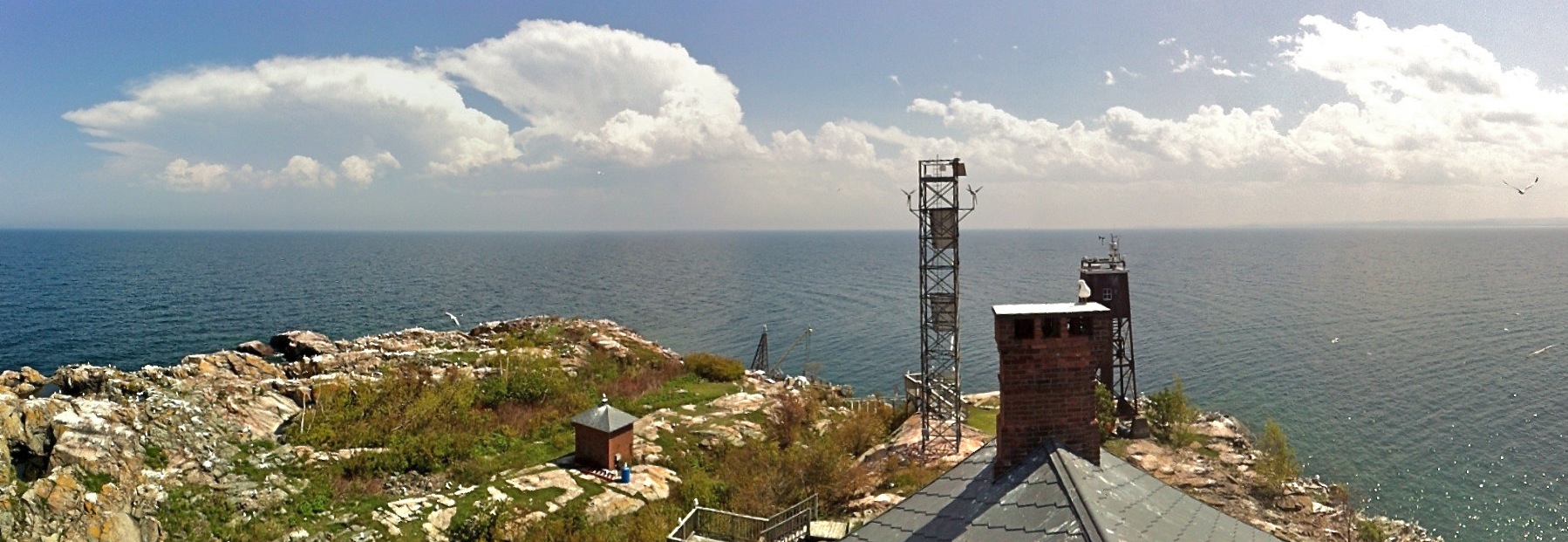
Climate scientists and limnologists from around the globe are meeting at UNL through June 5, pooling data and expertise to better understand global changes in lake temperature.
The meeting, a first for the Global Lake Temperature Collaboration, is sponsored by the National Science Foundation, NASA, and UNL’s Institute of Agriculture and Natural Resources.
Recent studies have revealed significant warming of the world's lakes, said John Lenters, the climatologist and physical limnologist in the School of Natural Resources who organized the workshop. Lenters said that the potential impacts of these changes on lake ecosystems make it increasingly important for scientists with access to global lake temperature records to assemble and synthesize relevant data. This includes not only “in situ” measurements made on individual lakes, but also temperature measurements from satellites, which provide broader spatial coverage of the world’s lakes.
“We’ve already done a preliminary analysis of about 200 lakes,” Lenters said, “and the results show that the vast majority of the world’s lakes are warming — some of them even faster than the regional air temperature.”
Lenters also noted that the data being analyzed at the workshop includes not only lake surface temperatures, but also vertical temperature profiles for many of the lakes.
“In this way, we can see not only what’s going on at the surface, but also how deeper lake temperatures are responding to climate," he said. "This is particularly important for understanding the full lake ecosystem, such as impacts on fish habitat.”
The scientific collaboration began in the fall of 2010 and has grown to a group of more than 70 investigators from 15 countries at a number of university and government institutions.